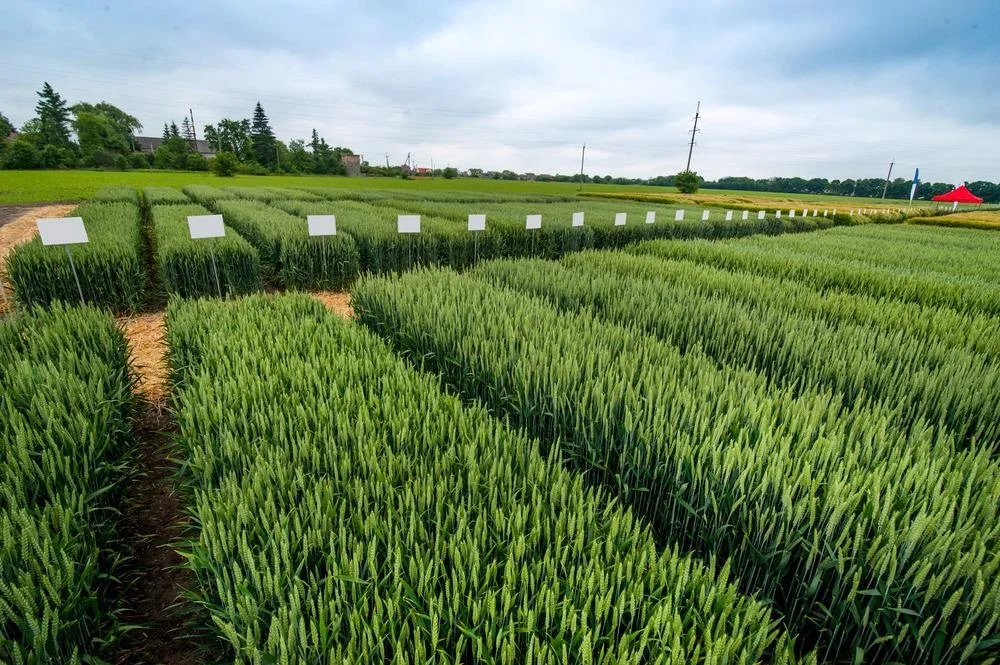Description
Discover the principles and techniques essential to sustainable agriculture with our comprehensive guide to Organic Seed Saving Ethics and Practices. This indispensable resource is crafted for farmers, gardeners, and environmental enthusiasts and is dedicated to preserving biodiversity, promoting sustainability, and fostering ethical seed-saving practices in their organic gardens and farms.
Inside this guide, you’ll explore:
- Fundamental Ethics of Seed Saving: This section explores the ethical considerations of seed saving, including the importance of preserving genetic diversity, respecting intellectual property rights, and supporting local and Indigenous seed-saving traditions. It also explains how ethical seed-saving practices contribute to food sovereignty and environmental stewardship.
- Core Principles of Organic Seed Saving: Gain a deep understanding of the core principles that underpin organic seed saving. Learn about organic farming methods, avoiding synthetic chemicals, and promoting natural ecosystems to ensure the health and vitality of your seeds and crops.
- Comprehensive Seed Saving Techniques: Explore detailed, step-by-step instructions for saving seeds from various crops, including vegetables, herbs, flowers, grains, and legumes. Discover specific methods tailored to each plant type to ensure successful seed harvesting, cleaning, and storage.
- Pollination Management and Isolation Techniques: Master strategies for managing pollination to maintain seed purity and prevent cross-pollination. Learn about isolation distances, timing considerations, and companion planting techniques that help preserve the genetic integrity of your organic seeds.
- Harvesting and Processing Methods: Learn the optimal times and methods for harvesting seeds to maximize their viability and quality. Discover practical techniques for threshing, winnowing, cleaning, and drying seeds to prepare them for storage or future planting.
- Optimal Storage Practices: Understand the best practices for storing organic seeds to ensure their longevity and germination rates. Explore the importance of temperature, humidity, and proper packaging in preserving seed quality, providing a reliable seed supply for future growing seasons.
- Promoting Sustainability and Biodiversity: Appreciate the role of seed saving in promoting sustainability and biodiversity in your garden or farm. Learn how preserving seeds contributes to local ecosystems, reduces dependency on commercial seed suppliers, and fosters resilient agricultural practices.
- Community Engagement and Cultural Heritage: Understand the importance of seed saving in preserving cultural heritage and traditional agricultural knowledge. Learn how to engage with local seed-saving communities, participate in seed exchanges, and contribute to a global sustainable agriculture movement.
- Innovative Approaches and Technologies: Embrace modern advancements in seed-saving technology and methods. Learn about new tools and techniques that complement traditional practices, ensuring you stay at the forefront of sustainable and ethical seed saving.
Empower yourself with the knowledge and skills to practice ethical and sustainable seed saving. With our Organic Seed Saving Ethics and Practices guide, you’ll gain the confidence to preserve your crops’ genetic diversity and vitality, enhancing both your garden’s productivity and ecological resilience. Join the movement to protect our agricultural heritage and promote a sustainable future through ethical seed-saving practices.





Obioma –
“Organic Seed Saving Ethics and Practices” is a comprehensive guide that empowers gardeners with the knowledge and skills to preserve their own heirloom seeds. This book not only covers the technical aspects of seed saving, but it also emphasizes the importance of ethical practices, such as maintaining genetic diversity and avoiding cross-contamination. By embracing the principles outlined in this book, readers can not only protect the future of our food system but also connect with their food and the natural world in a meaningful way. The clear and engaging writing style makes this book an invaluable resource for both experienced seed savers and beginners alike.”
Uchenna –
“Organic Seed Saving Ethics and Practices” is a must-read for anyone passionate about seed saving. Its comprehensive insights into the ethical responsibilities we hold when saving seeds for future generations are both inspiring and empowering. Providing practical guidance on seed selection, storage, and distribution, this book ensures the preservation of biodiversity while fostering a sense of community among seed savers. Its emphasis on sustainable practices ensures that our actions today will benefit generations to come.”
Vincent –
“Organic Seed Saving Ethics and Practices” is an invaluable resource for anyone dedicated to preserving our planet’s biodiversity. The comprehensive insights into seed saving and ethical practices provide a solid foundation for sustainable gardening. The book offers practical guidance, inspiring stories, and a deeply rooted understanding of the importance of seed stewardship. By embracing this knowledge, we not only safeguard the genetic diversity of our food sources but also contribute to a resilient and sustainable future.”
Ekene –
“Organic Seed Saving Ethics and Practices” has been an invaluable resource for me as I embarked on my organic gardening journey. The comprehensive guide provides a deep dive into the ethical and practical aspects of seed saving. It has empowered me with the knowledge and techniques to preserve precious heirloom varieties, promote biodiversity, and ensure a resilient seed bank for future generations. The emphasis on diversity, sustainability, and community involvement has inspired me to become an active participant in the movement to safeguard our genetic heritage.”
Idorenyin –
“This guide to seed saving is an invaluable resource for anyone interested in preserving biodiversity and ensuring food security. The authors’ extensive knowledge and practical advice on ethical and sustainable practices empower readers to become stewards of our plant heritage. From understanding the role of pollinators to preventing cross-contamination, this book covers all aspects of responsible seed saving, enabling readers to contribute to the preservation of our planet’s genetic diversity.”